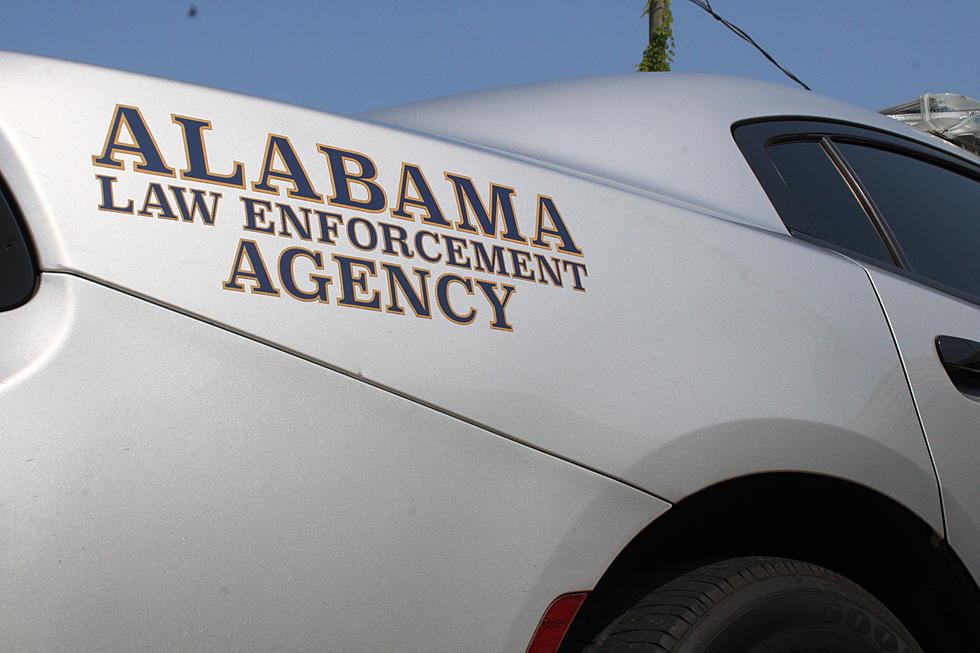
Alabama’s Ongoing Battle for Reproductive Rights in Tuscaloosa
A non-profit organization fighting for women's access to reproductive care recently bought Tuscaloosa's West Alabama's Women Center to ensure women in Alabama and surrounding states maintain access to abortion procedures.
In May 2020, the Yellowhammer Fund purchased the WAWC from its owner Gloria Gray after she decided to retire. The organization, which advocates for reproductive rights, became the first non-profit to acquire its own clinic out of which to operate.
The many services offered at the Jack Warner Parkway facility, including abortion procedures, will continue under the leadership of Amanda Reyes, the clinic's new manager. Other services the clinic plans to offer include STD testing and treatment, routine gynecological care such as pap smears and appointments for birth control counseling.
"We provide abortion services through 14 weeks, so that means procedural abortions and medication abortions," Reyes said. "In the next few weeks, we will be increasing the services that we offer gradually to include procedural abortion services up to the state limits and doing things like STD screenings, annual gynecological exams, and long-lasting reversible contraceptives like IUDs."
The clinic has also given away more than 3,600 free emergency contraceptives since the COVID-19 pandemic broke out and required women seeking help to quarantine.
The state of Alabama currently has three operating women's centers: Alabama's Women's Center for Reproductive Alternatives in Huntsville, Reproductive Health Services in Montgomery and the WAWC in Tuscaloosa. According to the Guttmacher Institue, in 2017, roughly 93 percent of Alabama counties had no clinics providing abortion procedures, and 59 percent of Alabama women lived in these counties.
In 2017, there were five facilities providing abortion procedures in Alabama but two have closed as the state's legislature continues to fight to close facilities by enforcing restrictions on clinics, such as requiring them to maintain admitting privileges to hospitals.
"I think that the ACLU in Alabama has done a really great job fighting back a lot of the [Targeted Restrictions on Abortion Providers] laws that the state of Alabama has passed, and making it so that we are able to comply with those laws and still remain open," Reyes said. "Those laws that were the most dangerous to our clinic, the ACLU was really able to fight back against and the recent Supreme Court decision helped a lot."
Alabama is just one state of many imposing these restrictions on clinics offering abortion procedures, better known as TRAP LAWS.
In August 2019, a billboard in Tuscaloosa stated that 19,000 future Alabama fans have been aborted in the "abortion capital of Alabama." This billboard sparked many debates between anti-abortion and pro-choice citizens of the state.
"While the clinic here in Tuscaloosa does provide a majority of the abortions that occur in the state of Alabama, drawing on that same data, you can see not all of those people are Alabamians," Reyes said. "To try to put our clinic and the services we provide as somehow being opposed to the community and university is really outrageous."
Statistics found from the Guttmacher Institute website show that in 2017, there were 6,110 abortion procedures provided in Alabama, but not all were provided to residents of the state. Many women seeking medical treatment in neighboring states traveled into Alabama to do so, just as many Alabama women went out-of-state to seek similar procedures.
According to the Alabama Center for Health Statistics report, 6,484 abortions occurred in the state of Alabama during the 2018 year, an increase of 374 procedures over 2017.
Still, the claim that Tuscaloosa is the 'abortion capital of Alabama' is misleading without context. If other states' TRAP laws continue successfully restricting access to abortion, women in those states are forced to seek medical treatment elsewhere, including Alabama, contributing to the rise in the number of procedures.
The recent purchase of the WAWC by the Yellowhammer Fund is essential in continuing to provide abortion access to many women in Alabama and the southeast and ensuring that one of the state's three clinics doesn't close with the retirement of its longtime owner.
"People who are coming to our clinic to have abortions, like people who have abortions all over the United States, are generally having abortions because they're already parents," Reyes said. "They already have at least one, and at a lot of times, two children. One of the biggest reasons why people choose abortions is because they say they need an abortion so that they can raise the children they already have. They need to preserve the resources that they have to take care of their families so they can thrive. If the families can thrive, then the community can thrive. "

More From Tuscaloosa Thread









